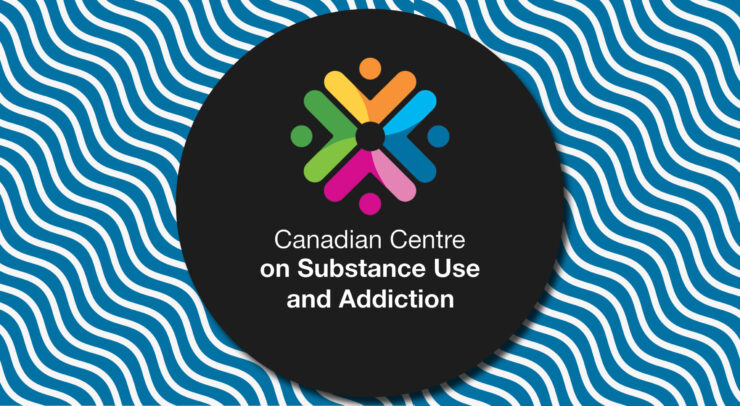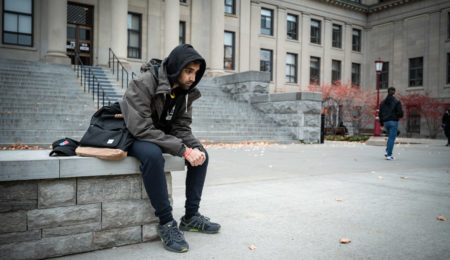Twenty-five per cent of Canadians between 35 and 54 are drinking more at home during pandemic from lack of regular schedule, stress, and boredom
The Canadian Centre on Substance Use and Addiction (CCSA) released an online anti-stigma resource for faculties at the University of Ottawa, Carleton University, and Algonquin College on Sept 30.
According to the CCSA’s findings in April, 25 per cent of Canadians between 35 and 54 are drinking more while at home during the COVID-19 pandemic from the lack of regular schedules, stress and boredom. These figures motivated the CCSA to create a program tailored towards handling increasing substance use in post-secondary students during the pandemic.
The program, titled Stigma, Substances and Mental Health 101: An Educator’s Guide to Supporting Students, is the first time in Canada where universities and colleges will have access to an all-in-one online resource to increase awareness and understanding of mental health, addiction and the stigma surrounding them.
“Currently, there’s increased stress and anxiety among students because of the disruption and uncertainty caused by the COVID-19 pandemic,” said Rita Notarandrea, chief executive officer of CCSA in the news release. “We expect these feelings to have an impact on students’ alcohol consumption, as well as use of other substances.”
“This resource will help give staff and educators the tools to offer support to students when and if they need it — support that they might not find otherwise.”
Isabelle Mailloux-Pulkinghorn, manager of Media Relations for the U of O, reiterated that the resource partnership which was spearheaded by the University’s health promotion specialist Sylvie Marko, and that the training is available for educators and support staff in regards to substance use and addictions. It also helps them to learn about their impact on student’s mental health at no cost to the University.
The development of the four video modules features staff at the Royal Ottawa Mental Health Centre (ROMHC) and Ottawa Public Health to help equip post-secondary educators and staff.
“Substance use disorder is a health condition and it deserves to be treated like one,” said ROMHC’s vice-president of Innovation and Transformation, Dr. Kim Corace in the news release. “Unfortunately, it is often surrounded by judgment and shame. This stigma is one of the biggest barriers to achieving and maintaining recovery — we need to do something about that.”
“It takes remarkable courage for someone to reach out and say I need help. This resource is a step towards ensuring that when a student reaches out, they will be met with the compassion, understanding and support they need.”
“Students who may be dealing with substance use issues need to be able to rely on faculty members and staff at their schools for support and understanding,” added Sue Walton, community relations representative for ROMHC.
“With this tool, we want to enable these individuals to eliminate stigma that may prevent students from reaching out, create a supportive environment, and help guide students towards the resources they need … and help students achieve and maintain wellness and coping skills that they can carry with them throughout the rest of their lives.”
Mental health on campus is an ongoing conversation as the U of O has often been criticized for its lack of services on campus and online. Within the last year, there have been at least five deaths from suicide from U of O students.
Dr. Kim Hellemans, professor and department chair of the Department of Neuroscience at Carleton University is also in the modules discussing health equity and bias, which have the potential to shape views on access to help.
“This project is part of a larger conversation, which is why it’s called 101; it’s the introduction and just the beginning,” she said. “We hope that faculty and staff will choose to continue their learning on these issues as well as on other issues that impact their students.”
Babacar Faye, president of the University of Ottawa Student Union (UOSU) said formal training would benefit faculty members to be there for students.
“This training should be mandatory for faculty,” he said about the resource being voluntarily available on the website. “We are noticing a lot of professors and faculty ignore students or let things slide.”
Harpreet Grewal, collective impact advisor at CCSA and lead on this project said they have been working with many post-secondary institutions across the country. She said at this time it does not include the University of Saint Paul.





